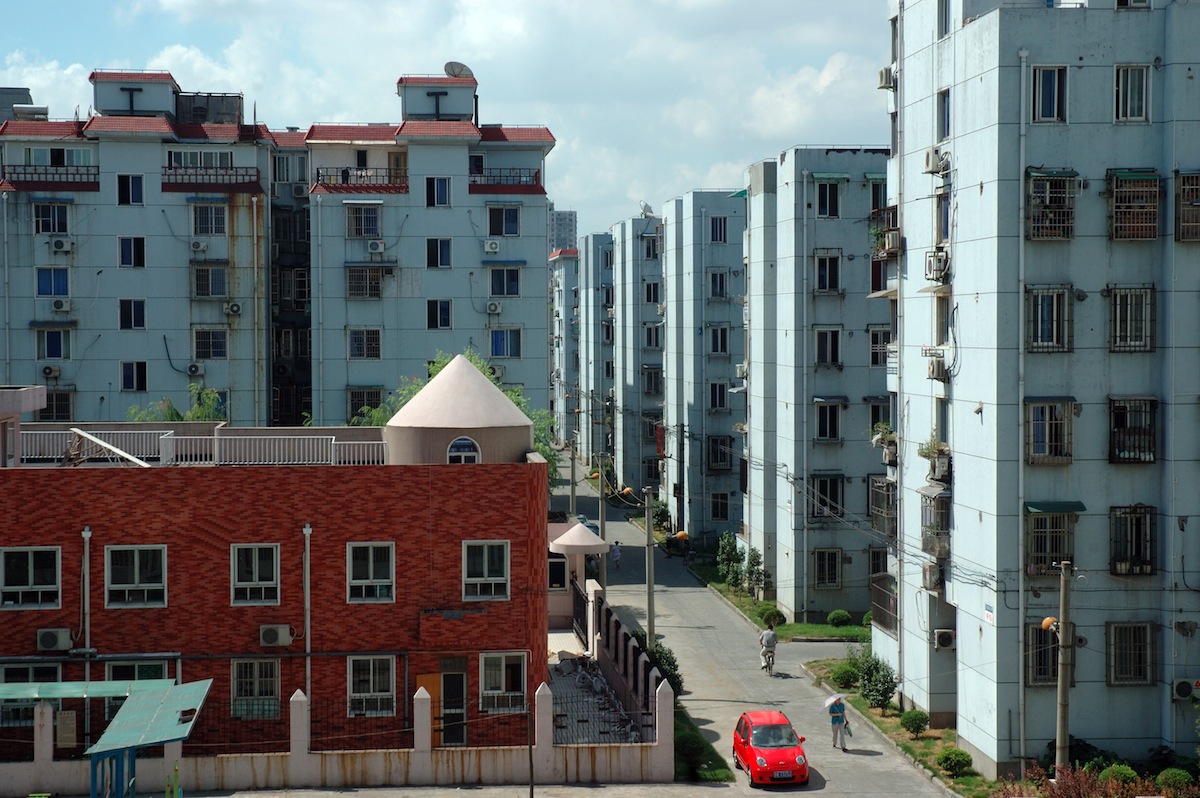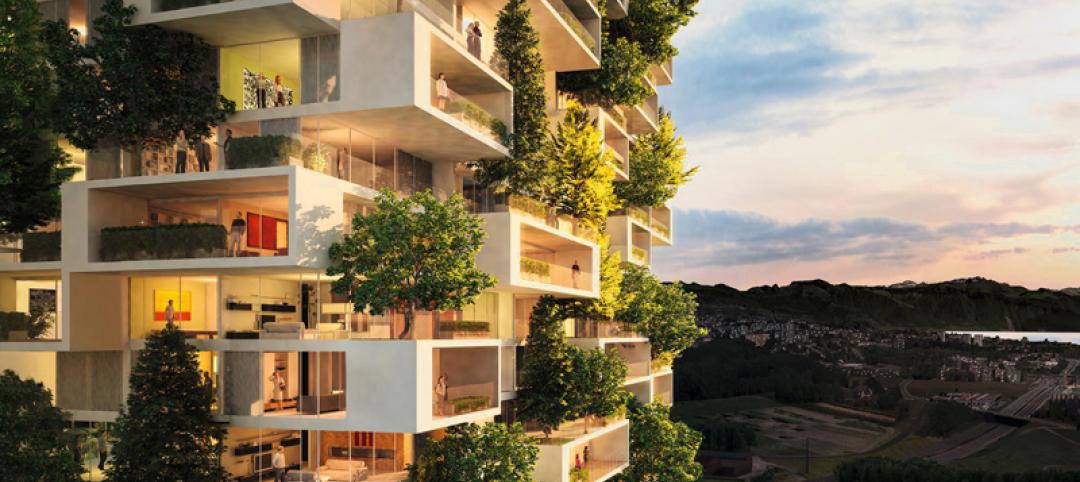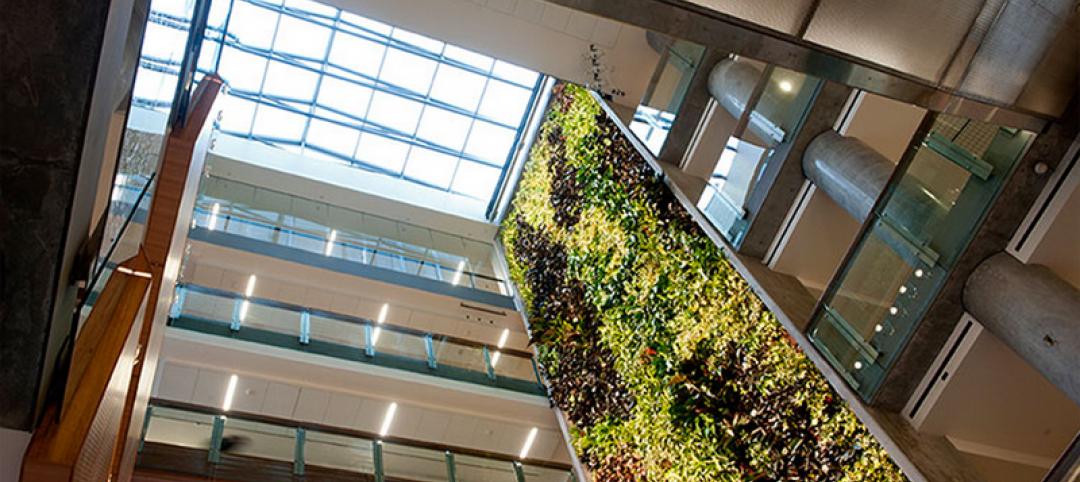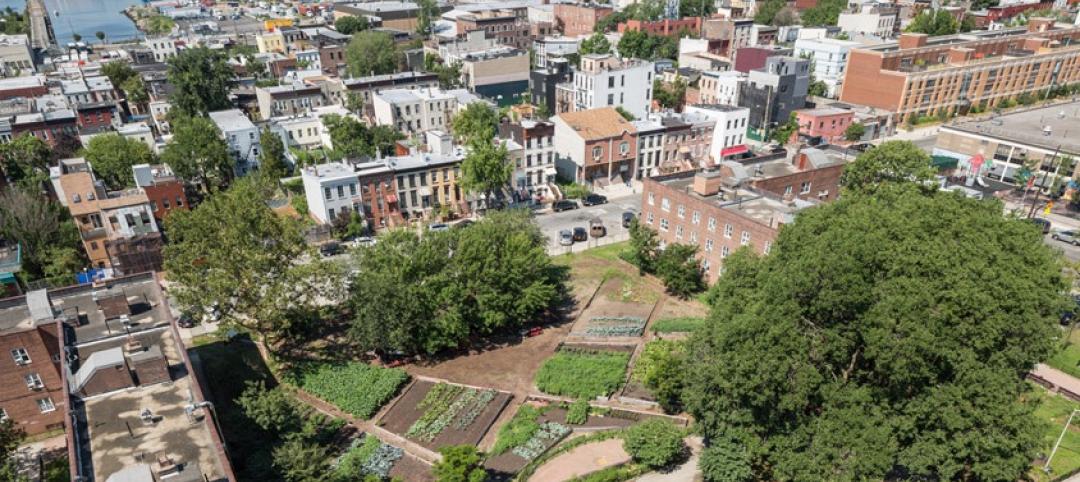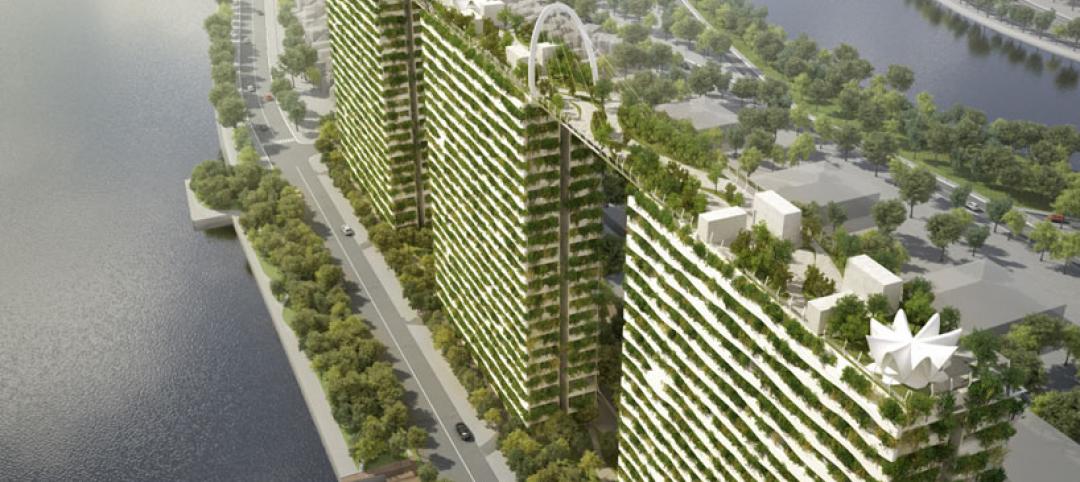The Green Building Certification Institute (GBCI) and the International WELL Building Institute (IWBI) formally introduced the WELL Building Standard in China. WELL is a system that focuses on human health and wellbeing in the built environment.
WELL, which complements green building rating programs such as LEED, Three Star, and BREEAM, has come forward at a time of increased environmental awareness among the Chinese people who are looking for solutions to improve quality of life.
“Our world today is confronting massive health challenges that are assaulting our complete physical, mental, and social wellbeing,” said Rick Fedrizzi, CEO & founding chair, U.S. Green Building Council. “As these challenges continue to mount, all of us have an obligation to be more purposeful when addressing how human health relates to our built environment. The WELL certification program is a powerful way to accelerate better, healthier buildings throughout China.”
The WELL Building Standard is a performance-based system for measuring, certifying and monitoring features that impact human health and wellbeing, through air, water, nourishment, light, fitness, comfort, and mind.
Grounded in a body of medical research that explores the connection between the buildings where we spend more than 90% of our time and the health and wellness of the people in them, WELL certification allows building owners and employers to know their space is designed to promote health and wellbeing and is performing as intended.
“We think there is a great market opportunity in China for companies to be at the forefront of healthy building practices,” said Paul Scialla, founder of the International WELL Building Institute. “We are excited by the strong interest and demand we have already received from companies and projects that are interested in WELL certification and merging together best practices in environmental and human sustainability.”
GBCI, as the official certifying body of both WELL and LEED, will successfully integrate the certification and credentialing processes of both systems to help project teams efficiently deliver on both their environmental and human health goals.
WELL can be applied across all building types and version 1.0 of WELL is currently optimized for commercial and institutional projects. For more information about the WELL Building Standard, visitwellcertified.com. For more information about GBCI, visit gbci.org.
Related Stories
Mixed-Use | Nov 16, 2015
Italian architect designs vertical forest with prefab units by BuroHappold
Cantilevered planters will host cedar trees and other plants hundreds of feet above ground.
Green | Nov 16, 2015
USGBC Working Group approves new guidance for LEED Materials & Resources Credit 4
Helps product manufacturers offer insight into material and supply chain sustainability
Green | Oct 30, 2015
First WELL-certified city district will be built in Tampa, Fla.
The plan calls for the construction of a $2 billion, 40-acre urban mixed-use development, where all buildings will pursue WELL Certification.
Sponsored | Green | Oct 22, 2015
Six-story living wall improves building performance at University of Ottawa
Benefits of the living wall include dust control and sound abatement.
Green | Oct 21, 2015
GBCI announces 2015 class of LEED Fellows
The 35 winners have demonstrated leadership within the green building movement.
Multifamily Housing | Oct 15, 2015
Montreal apartment is world’s largest residential cross-laminated timber project
Its 434 condo, townhouse, and rental units in three eight-story buildings are made from sustainably harvested wood turned into panels by Canadian company Nordic Wood Structures together with the Cree Nation in Chibougamau.
Green | Oct 5, 2015
ULI report: Commercial real estate properties cutting emissions, energy use
The new report from ULI’s Greenprint Center shows a positive trajectory of real estate properties worldwide reducing energy and water use.
Green | Oct 1, 2015
New York showcases an urban farm for public housing
Providing healthy foods and job training are two of this project’s missions.
Multifamily Housing | Sep 28, 2015
Vo Trong Nghia’s 'diamond lotus' will feature sky garden pathways linking high-rises
The 22-story housing complex in Ho Chi Minh City will have façades covered with plants and a rooftop garden that connects the structures.
Green | Sep 11, 2015
GBI releases Green Building Assessment Protocol for Commercial Buildings for public comment
Revised ANSI standard open for review through Oct. 26


